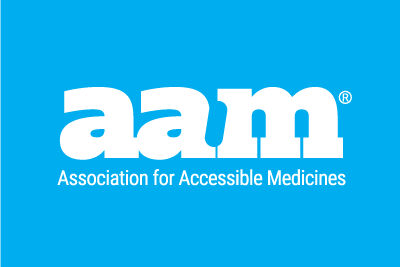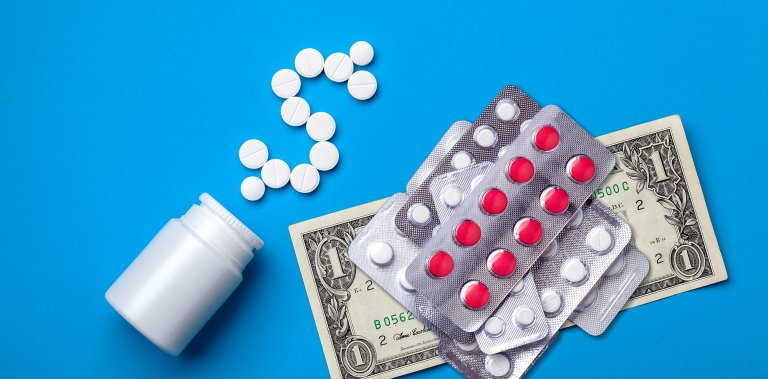Generic medicines offer proven cost savings for America’s seniors and taxpayers, more than $2 trillion over the past 10 years alone. This is the result of robust head-to-head price competition under which multiple generic drug makers fight for market share based on dramatically lower prices.
Despite this successful track record, lawmakers in Congress are proposing to have the federal government negotiate the prices of brand drugs. Not only would such negotiation result in lower savings for patients and the U.S. health care system than a continued reliance on generic competition, but perversely the bill would also reward brand drugs for filing non-inventive patents and delaying generic competition.
Here’s how it works.
Under the proposal, the Department of Health and Human Services (HHS) would have the authority to negotiate prices with manufacturers for up to 10 drugs in 2025 escalating to 20 drugs in 2028 and beyond. Because these figures build on the previous year’s negotiations, HHS would have the authority to negotiate 60 drugs plus insulins by 2028, a figure that would increase by 20 each year thereafter. The legislation specifies that the maximum price cannot exceed 75% of its 2021 non-federal average manufacturer price (AMP) for a small molecule drug 9- 12 years past initial approval, 65% of its AMP for a drug 13 – 15 years past its initial approval, and 40% of its 2021 AMP for a drug 16 or more years past its initial approval. The legislation then guarantees Medicare coverage of the drug.
But these savings pale in comparison to the savings achieved through competition. Indeed, FDA has found that generic prices using both AMP and invoice prices show price reductions of more than 95% compared to brand prices
when there are six or more competitors. This means that the bill would generate less savings for patients than simply encouraging generic competition.
And it gets worse.
By rewarding a brand drug with a “maximum” price of 40% its original AMP, the bill is creating an incentive for patent abuse by brand manufacturers. Put simply, any brand manufacturer would jump at the chance to have 100% of the market at a 60% discount instead of competition from generics—competition that reduces their market share by more than 90%. All a brand drug maker needs to do is keep seeking new patents, stacking them into a fortress against competition – a practice that has already been long deployed to delay generic entry. Alternatively, a brand manufacturer simply needs to build out a product hopping strategy and introduce an updated version of the drug just as their original drug becomes eligible for negotiations.
The result is a perpetual monopoly for the brand medicine.
Additionally, the legislation creates debilitating uncertainty for generic manufacturers, as they would be unable to accurately forecast which products they should develop because the universe of brand products subject to negotiation is unclear. The proposal would cut the market for many products in half – fundamentally changing the decisions faced by generic manufacturers who are considering the possible costs of developing a lower-cost, more accessible medicine. Today, companies undertake extensive market analysis, engage in extremely cost patent litigation, and participate in a complex FDA approval process, making key decisions years in advance of launch. The proposed framework significantly increases the risks associated with those decisions.
The cumulative result is that the cost of developing and bringing a generic to market skyrocket and the potential reward gets slashed in half.
This runs directly counter to the spirit and intent — and 30-plus years of success — of the bipartisan Hatch-Waxman Act and represents a significant policy change that will harm patient access to lower-cost medicines.
Medicare negotiation of drug prices simply abandons proven competition and creates perverse outcomes benefiting brands. By discouraging generic competition and rewarding more brand patent gamesmanship, the proposal results in higher costs for seniors and taxpayers alike.
Share Your Voice
Tell Congress to protect access to your safe, affordable generic and biosimilar medicines.
By Monét Stanford, Director, Policy
Published on November 12, 2021




